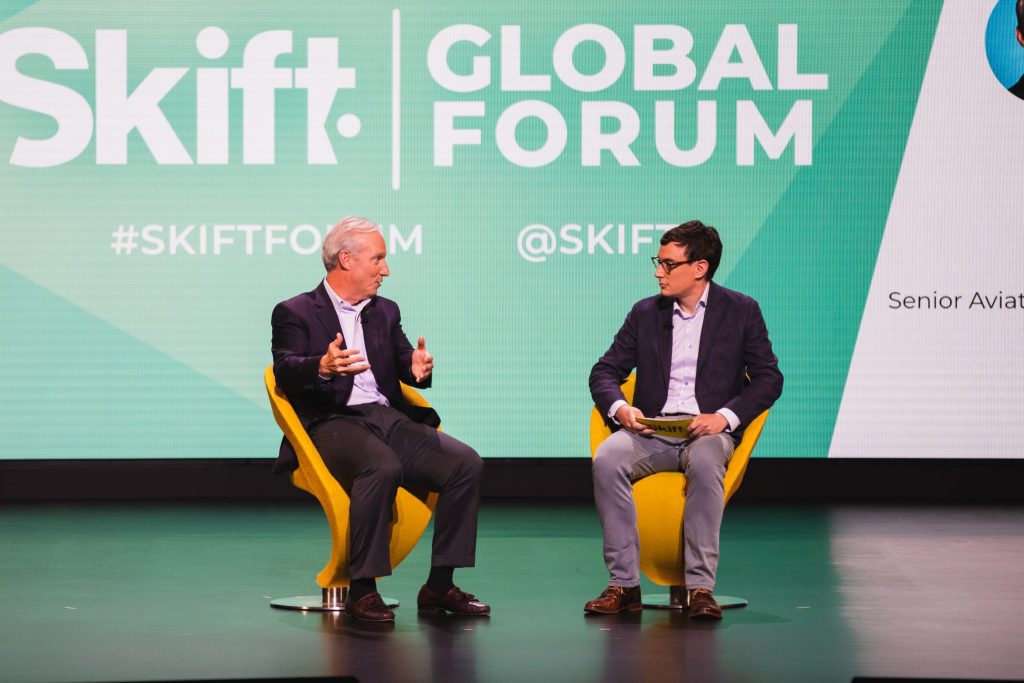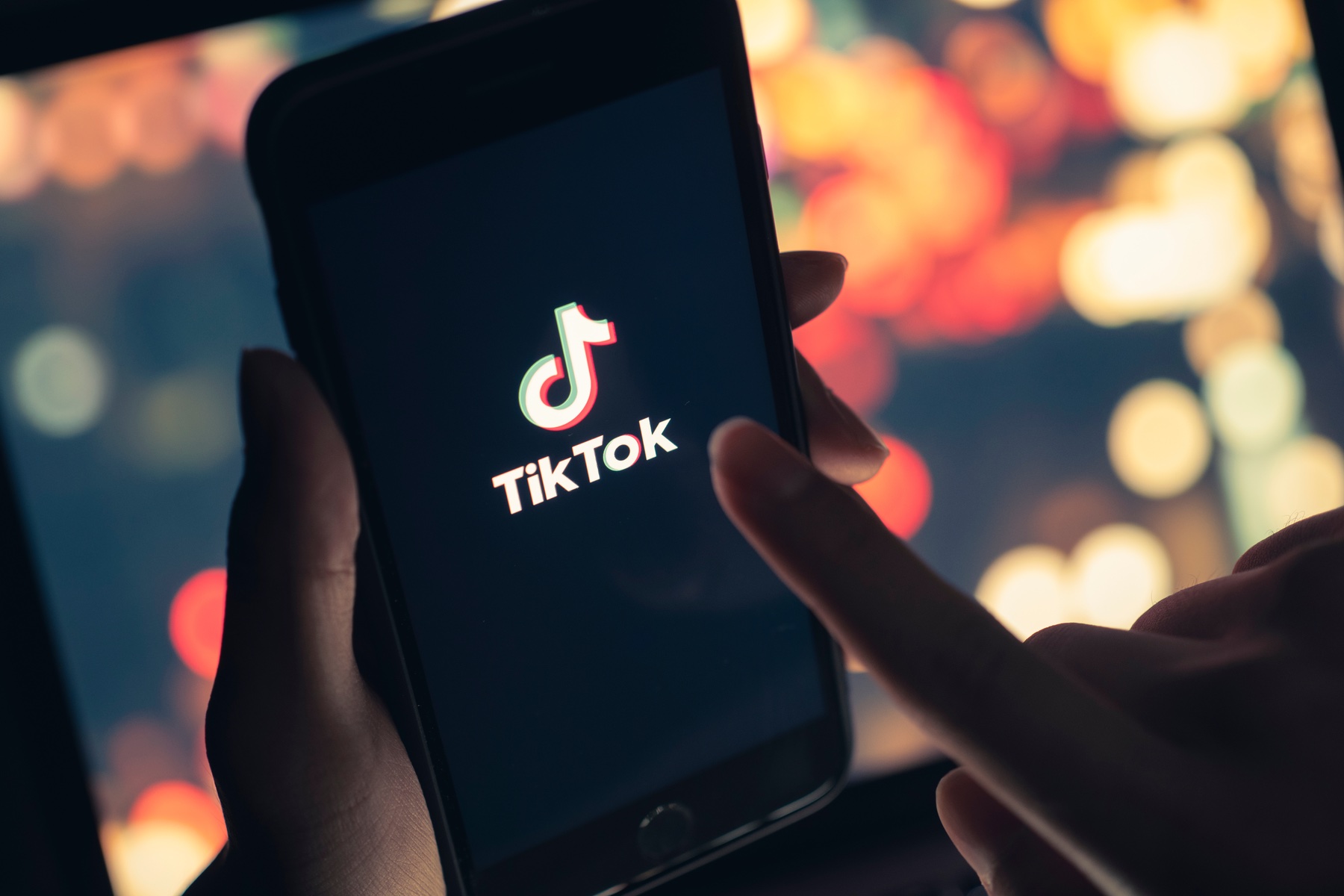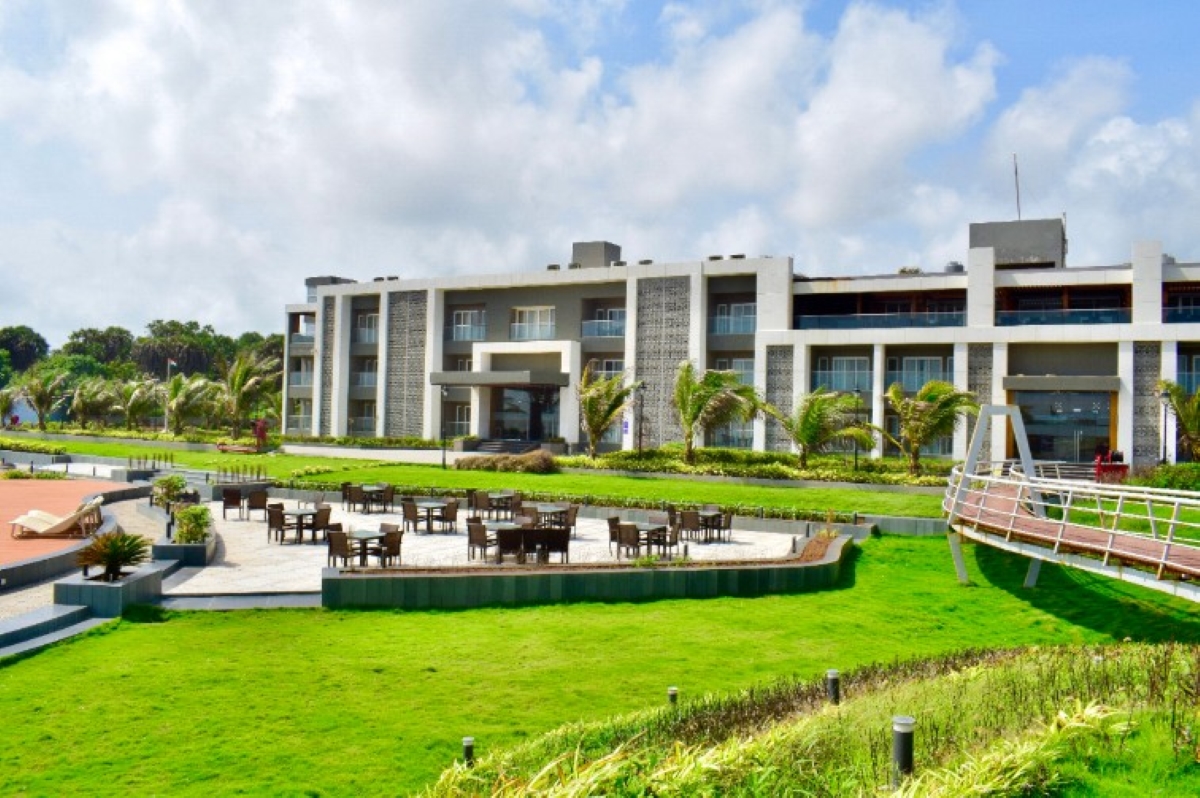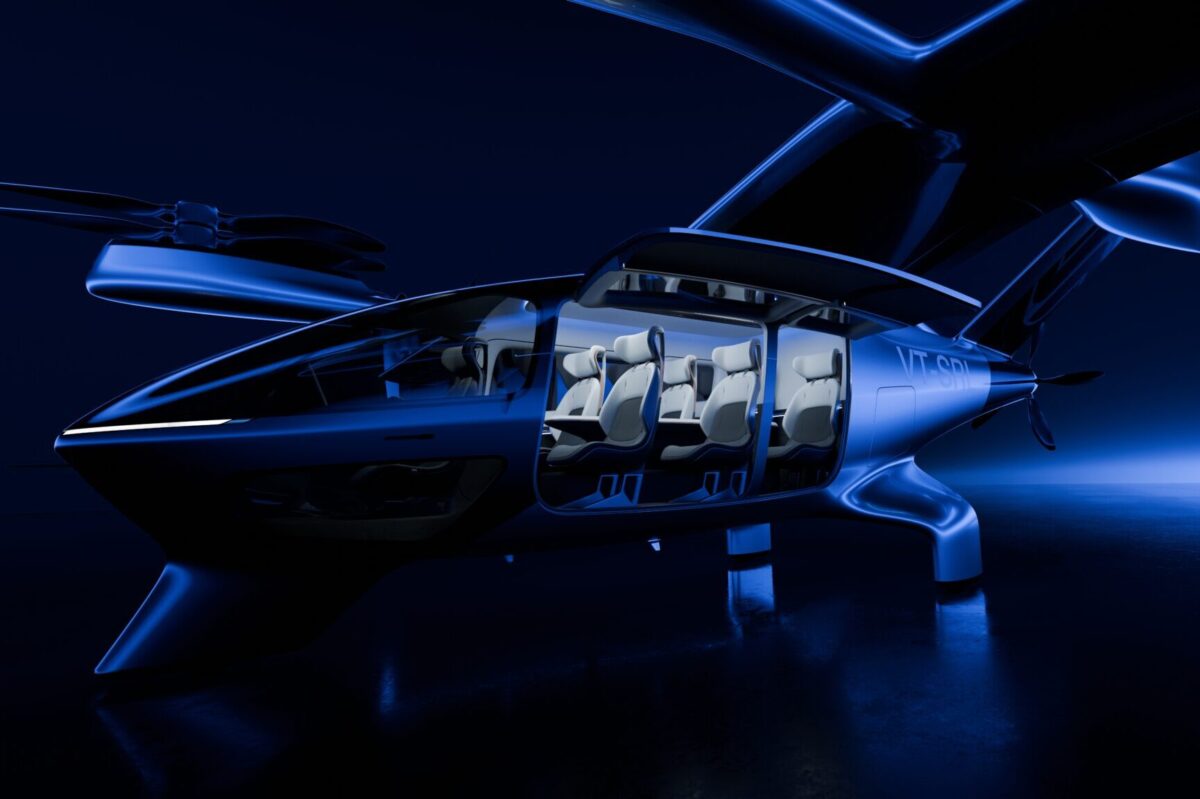American Airlines Vows to Rebound After Brutal Summer, Says CFO

Skift Take
 American Airlines' tough summer, disrupted by the grounding of the Boeing 737 Max and labor travails with its mechanics union, was undeniably difficult, but Chief Financial Officer Derek Kerr vowed these issues will be resolved next year, he said at Skift Global Forum in New York.
American Airlines' tough summer, disrupted by the grounding of the Boeing 737 Max and labor travails with its mechanics union, was undeniably difficult, but Chief Financial Officer Derek Kerr vowed these issues will be resolved next year, he said at Skift Global Forum in New York.
The Max grounding is beyond American's control, of course. Regulators worldwide grounded the state-of-the-art 737 Max after two fatal accidents, the most recent in March when an Ethiopian Airlines 737 Max crashed shortly after takeoff. Boeing is working on a software fix for the flight-control system thought to be responsible for the two accidents. It remains unclear when the aircraft will be re-certified to fly.
American has 24 Max aircraft on the ground now, with an additional 16 the carrier expected by the end of the year. That means the airline had planned to operate with 40 more aircraft this year than it has been able to. This has led to an operational complexity that Kerr said American is struggling to resolve. And there's a financial penalty, too: The Max grounding is expected to cost American $400 million this year.
The second issue is in American's control. The airline and two of its mechanics unions, the International Association of Machinists and Aerospace Workers (IAM) and the Transport Workers Union (TWU) have been engaged in a protracted dispute over a new contract, which Kerr said is the last contract left to be negotiated from the US Airways-American merger. A federal court ordered the mechanics to return to work from what the carrier said was an illegal work slowdown.
Kerr noted that American would start its day with many fewer aircraft than it expected, due to the mechanics work slowdown. On a normal day, American would have 35 aircraft out of service for maintenance; this summer, the carrier had as many as 60 out of service. "Our team did a tremendous job running an airline with these two impacts," he said. But he acknowledged "nothing else matters if you don't run a good operation."
American and its mechanics unions are returning to the bargaining table and the National Mediation Board is involved in the talks. "We have an industry-leading contract on the table," Kerr said. "We will get the deal done."
These two issues are management's focus next year, but it may not be enough. Analysts have grumbled that American has stumbled financially, as rivals United Airlines and Delta Air Lines have performed strongly. American's share price fell by 18 percent this year, leading some on Wall Street openly to question how long American's current management team will remain in place.
Wi-FI or Screens?
Delta Air Lines is installing seat-back entertainment screens on all its aircraft, its CEO Ed Bastian said earlier in the day at the Skift Global Forum. But Kerr said American is taking a different tack. Instead, the Fort Worth, Tex.-based airline is busy removing seatback screens from its fleet and is equipping its planes with Wi-Fi to allow passengers to use their own devices to view content. Passengers prefer watching entertainment on their own screens than on "antiquated" seatback screens, Kerr said.
But Kerr suggested free Wi-Fi on American flights is not imminent. The problem, he said, is that Wi-Fi on aircraft slows down to be almost unusable if all passengers are on it. This isn't "useful," he said. Airlines don't make money from Wi-Fi. "It's a cost, but it's something our passengers want."




